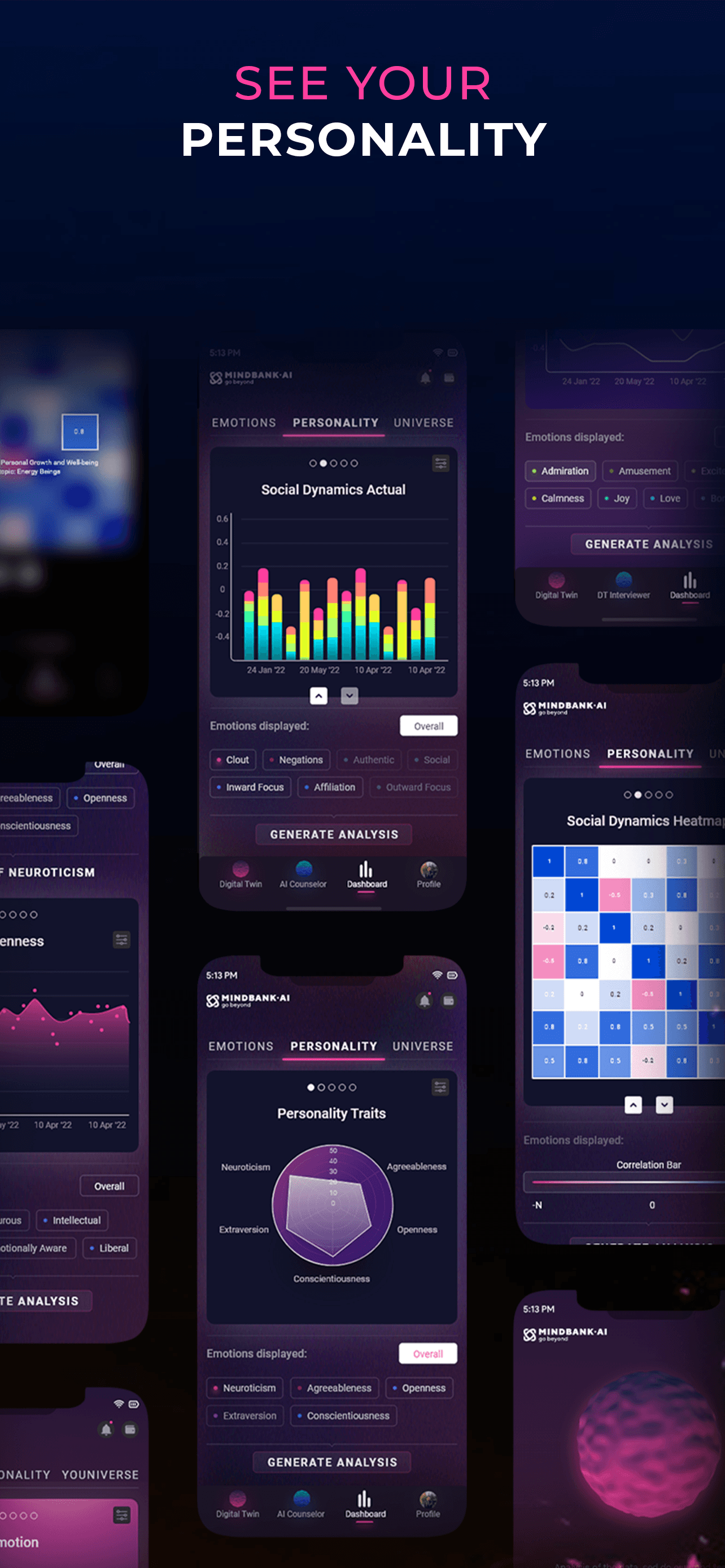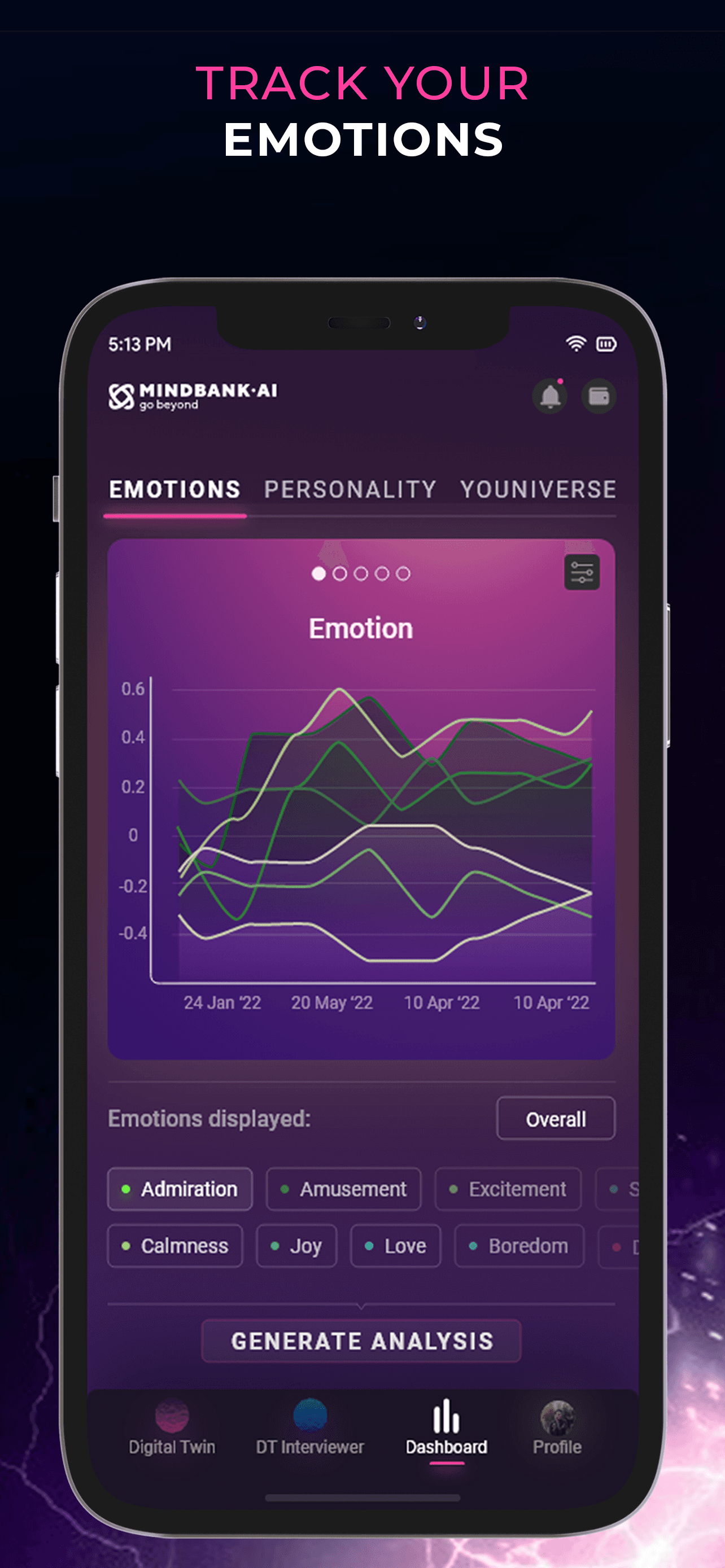Warning Signs of Burnout and Effects of Burnout

A systematic review from the State University of Londrina underscores the importance of preventive measures and early detection of burnout in the work environment.
Over the course of our lives, we experience a variety of stressors in the workplace. Whether it is from difficult bosses or coworkers, demanding work tasks, or even just long hours at the office, these factors can have a huge effect on mental health and overall well-being.Remote work has been a welcome change for many. No more traffic jams and no commute certainly saves time. However because of its nature, remote work with regular virtual meetings can cause workers’ stress levels to rise.According to various surveys, job burnout is on the rise. People feel emotionally exhausted, disconnected from their work and colleagues, and less productive and efficient. This increases the likelihood that they will suffer health consequences, take sick days and quit their jobs.Gallup found that 76% of employees suffer from job burnout at least sometimes. That’s a big number – three out of four employees.

Image by: Gallup, 2020
The World Health Organization defines burn-out as “a syndrome conceptualized as resulting from chronic workplace stress that has not been successfully managed. It is characterized by three dimensions:feelings of energy depletion or exhaustionincreased mental distance from one’s job, or feelings of negativism or cynicism related to one’s job, andreduced professional efficacy. Burn-out refers specifically to phenomena in the occupational context and should not be applied to describe experiences in other areas of life.”Fortunately, there are a number of strategies you can use to prevent burnout before it takes over. In this comprehensive guide, we discuss the causes of burnout and provide actionable tips on how to avoid it. We also cover how to recognize the signs of burnout and how to get help when you need it, such as giving your employees the ability to use Ai Personal Digital Twin. With the right strategies, you can stay productive and in control of your work and life.
Jennifer Moss: Burnout
By understanding what causes burnout, companies can better tailor their policies to meet the needs of their employees. But too often, employers try to offer simple solutions without changing anything substantial.For example, on-site employee perks (like free meals and workout rooms) can backfire, says journalist Jennifer Moss, author of the new book The Burnout Epidemic: The Rise of Chronic Stress and How We Can Fix It, because people stay at work too long and miss out on the benefits of being with friends and family. Extra vacation does not do any good if employees feel they can not take it – or, worse, if they return afterwards with a huge backlog of work. Forced team-building or vacation parties designed to build social bonds at work can also become an added pressure if they take away employees’ personal time.Some employers’ attempts to prevent burnout fail because they are just a Band-Aid for a larger problem or because employees believe their bosses do not care about employee well-being as much as productivity. To counteract this, business leaders should listen to their employees and understand their situation before implementing help programs, Moss says.In her book, Moss combs through the research on burnout and shows what is at its core.“Burnout is a complex constellation of poor workplace practices and policies, antiquated institutional legacies, roles and personalities at higher risk, and system, societal issues that have been unchanged, plaguing us for too long,” Moss writes.In order for people to feel comfortable at work, there need to be basic things in place that she calls “good hygiene.” This includes paying employees what they are worth (and on time), keeping them physically and mentally safe, and providing them with the tools and resources they need to do their jobs. It also means making sure discriminatory practices are not part of your workplace culture.
Mayo Clinic: Burnout
According to the Mayo Clinic, job burnout can be caused by several factors, including:Lack of control. Not being able to influence decisions that affect your work – such as your schedule, tasks or workload – can lead to burnout. The same goes for a lack of resources you need to do your job. Feeling like you have no control over your day can lead to stress and eventually burnout. This is often due to an unsupportive work environment where you do not feel like your ideas are valued or your input is heard. There may also be unmet expectations for your performance. If you are unable to complete your tasks or are asked to do more than you can reasonably handle, you may also feel like you are losing control.Unclear expectations about work. If you are not clear about what your authority is or what your supervisor or others expect of you, you are not likely to feel comfortable at work.Dysfunctional workplace dynamics. You may be working with a bully in the office, or you may feel undermined by your colleagues, or your boss may be controlling your work. This can contribute to stress at work.Extreme activities. If a job is monotonous or chaotic, you need constant energy to focus – which can lead to fatigue and burnout. When you have too much work and not enough time to get it done, you can become stressed and experience feelings of burnout. This can happen with a new project, a promotion, or when you have too many ongoing activities and not enough time to get each one done.Lack of social support. If you feel isolated at work and in your personal life, you may feel more stressed.Work-life imbalance. If your work takes up so much time and effort that you do not have the energy to spend time with your family and friends, you could burn out quickly. Taking time for yourself is important, but for many people it is a challenge. When you are overworked and under pressure, it can be difficult to find time for activities that are important to your health and well-being, such as exercising, eating healthy, getting enough sleep and spending time with loved ones.
Signs of Burnout
Burnout is not just a feeling of fatigue. It is a serious condition that can have long-term effects on your health and well-being if left unchecked. Be on the lookout for the signs of burnout and take action when necessary.Here are some of the signs of burnout:Feeling exhausted and drained by work, even when you’re not at work. This is the hallmark of burnout.Feeling dissatisfied and unfulfilled with your work. You may feel like what you’re doing isn’t worth it—or that it isn’t challenging enough.Feeling disconnected from your colleagues and feeling like you don’t fit in with your team.Feeling like you don’t have control over your work or schedule.Feeling overwhelmed by your work, to the point where you feel like you’re not making progress.Feeling stressed, anxious, or depressed.Be sure to check on the latest artificial intelligence technologies or Ai-based apps that focus on mental self-care as some can be extremely useful in detecting burnout.Ai Personal Digital Twin of yourself can tell a lot about your personality and can be generated on your MindBank Ai app that is leading the way in burnout detection. Thanks to its unique concept and Ai-based technologies, MindBank Ai can detect the increase of your stress level at a point, where even your personal environment or yourself would not notice it. This allows you to counter balance stress with less complex, time consuming and costly activities. That stage could be easily called the prevention stage.
Burnout Solution
The first step to avoiding burnout is to detect it. As mentioned earlier, there are several ways, including Ai, that you can use to recognize burnout as soon as the first imperceptible signs appear.The next step to avoiding burnout is to establish boundaries. This can be difficult, especially if you work in a high-pressure field or are expected to be available 24/7. But if you do not set and enforce boundaries, you may find yourself feeling overworked, stressed, and exhausted.Prioritize self-care. This means making time for yourself and for the activities that are important to your health and well-being, such as exercising, eating healthy, getting enough sleep and spending time with loved ones.Set realistic goals. If you are feeling overwhelmed, it’s time to think about it and figure out what’s causing that feeling of overwhelm. Is it because you are not focusing on your priorities? Are you trying to do too much? Once you have identified the problem, come up with concrete solutions.Take time to rest and relax. When you feel overwhelmed and stressed, it can be hard to find time to relax and unwind. But it’s important to do so to stay healthy and avoid burnout.Seek support. Find someone you can talk to about your feelings and concerns.Take regular breaks. Go for a walk, swim, sit down and meditate, or do whatever you need to do to switch off and relax.
Dealing with Burnout
If you are affected by burnout and need support, you can seek additional assistance from a psychologist.
He or she can help you identify the source of your burnout, develop strategies for dealing with it, and help you find support from colleagues and loved ones. Here are some ways you can get help when you need it:Talk to friends and family members about your feelings, especially if you feel disconnected from colleagues. They can lend a sympathetic ear and support you when you need it.Talk to your boss or a senior colleague about your feelings.Talk to your doctor or a mental health professional about your symptoms. They can advise you and help you figure out the best course of action, whether it’s talking to your manager or taking time off from work.
Effects of Burnout
Hopefully, you will not reach the point where you experience the damaging effects of burnout. However, it is beneficial to be aware of what burnout can lead to.Burnout can have various individual and social effects on a person and can be a predictor of various consequences for a person’s well-being and health. A systematic review of prospective studies from the Brazilian State University of Londrina shows that burnout is a significant predictor of physical outcomes such as hypercholesterolemia, type 2 diabetes, coronary heart disease, hospitalization due to cardiovascular disorder, musculoskeletal pain, altered pain perception, prolonged fatigue, headaches, gastrointestinal problems, respiratory problems, serious injuries, and mortality under the age of 45.In addition, people with burnout are more likely to suffer from insomnia, depressive symptoms, take psychotropic and antidepressant medications, be hospitalized for mental disorders and mental illness symptoms.Burnout can also lead to occupational consequences such as job dissatisfaction, absenteeism, new disability pension, job demands, job resources, and presenteeism.Most importantly, the same study highlights the importance of preventive measures and early detection of burnout in the work environment.
Conclusion
Burnout is common, but it’s also preventable. If you feel overworked, stressed, or disconnected from your colleagues, it’s time to take action. Set boundaries, prioritize self-care, set realistic goals, and make time for rest and relaxation to avoid burnout and stay healthy. If you are experiencing burnout, you can seek help from a mental health professional. With the right strategies in place, you can stay productive and in control of your work and life.







